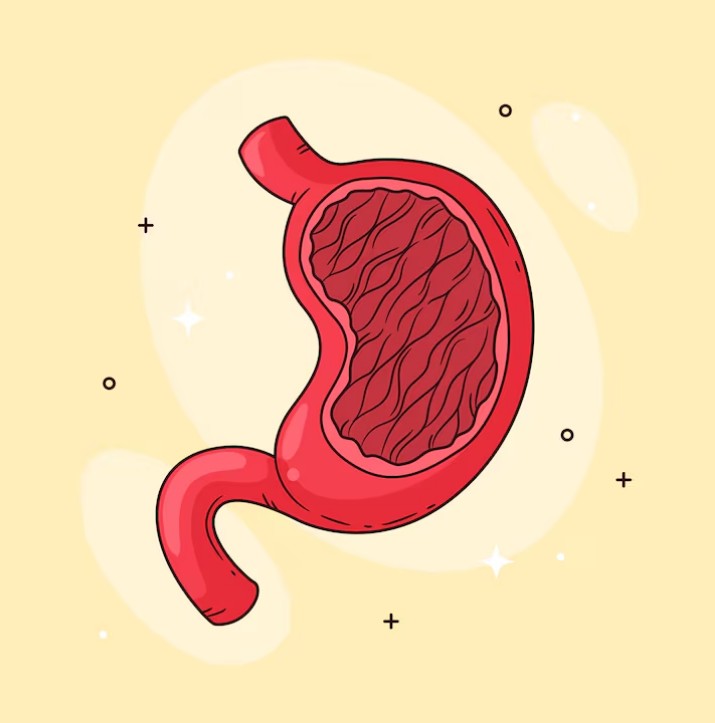-1756460316413.webp)
Digestive disorders are among the most common health complaints, but not all stomach issues have the same cause. Bloating, abdominal discomfort, and irregular bowel movements are often dismissed as minor problems. However, persistent symptoms may signal underlying conditions such as Gastroparesis or Irritable Bowel Syndrome (IBS). Although both can disrupt daily life, their causes, symptoms, and treatments differ significantly.
Gastroparesis is a condition where the stomach muscles are weak and cannot efficiently move food into the small intestine. “This delayed emptying can cause nausea, vomiting, bloating, early fullness, and unexplained weight loss,” says Dr Kandarp Nath Saxena, Consultant - Gastrointestinal Science, Manipal Hospital, Jaipur. The condition is often linked to diabetes, nerve injuries, or medications that reduce stomach motility.

IBS is a group of symptoms affecting the intestines. Unlike gastroparesis, it does not weaken stomach muscles but causes hypersensitivity and irregular bowel function. “Patients with IBS experience abdominal cramping, bloating, gas, and alternating diarrhoea or constipation,” explains Dr Saxena. Stress and dietary factors can worsen symptoms, and while it is chronic, it can be managed effectively with lifestyle adjustments.
Don't Miss: 5 Signs of Poor Sexual Health You Should Never Ignore: Expert Advice

For IBS, management often begins with lifestyle changes such as stress reduction, regular exercise, and adequate sleep. In severe cases, medications and psychological therapies like Cognitive Behavioural Therapy (CBT) or Gut-Directed Hypnotherapy can provide relief.
Gastroparesis treatment focuses on symptom management and improving stomach emptying. Dietary modifications, including low-fat and low-fibre meals or liquid diets, can help. “Medications, acupuncture, and biofeedback may also provide relief,” says Dr Saxena. Severe cases may require surgical interventions like Gastric Electrical Stimulation, Feeding Tubes, or Parenteral Nutrition.

Because gastroparesis and IBS share symptoms like bloating and abdominal discomfort, patients often confuse the two. “Self-diagnosis can delay proper treatment,” warns Dr Saxena. A gastroenterologist can distinguish between these conditions using medical history, diagnostic tests, and targeted therapy. Timely intervention improves quality of life and minimises pain.
Both conditions highlight the importance of consulting a specialist rather than relying on self-diagnosis, as similar symptoms may also indicate other gastrointestinal disorders.
Don't Miss: 5 Common Myths About Weight Loss Injections, Laparoscopic Surgeon Explains
Keep reading Herzindagi for more such stories.
Image Courtesy: Freepik
Also watch this video
Herzindagi video
Our aim is to provide accurate, safe and expert verified information through our articles and social media handles. The remedies, advice and tips mentioned here are for general information only. Please consult your expert before trying any kind of health, beauty, life hacks or astrology related tips. For any feedback or complaint, contact us at [email protected].